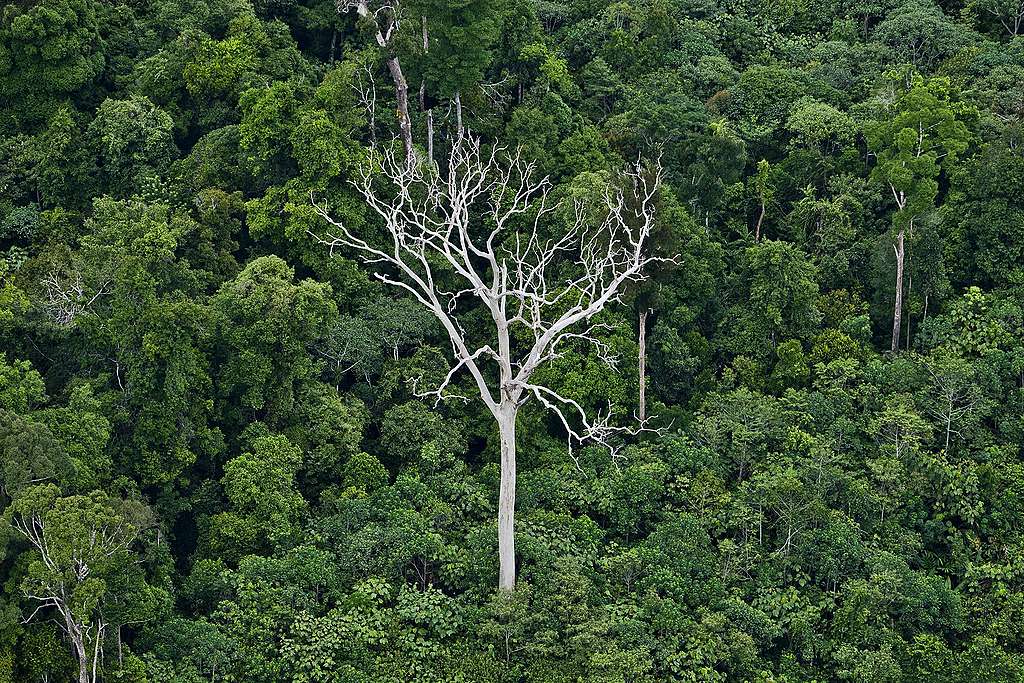Forest Governance
Forests are a source of life for many living beings, the loss of which would cause ripple effects that impact all of us and our climate.
Yet protection of forests and indigenous communities, who have been steadfast forest guardians, are being overlooked and undermined in the name of profit.
That’s where forest governance comes in with strong laws and policies to safeguard our life line – or at least it should.

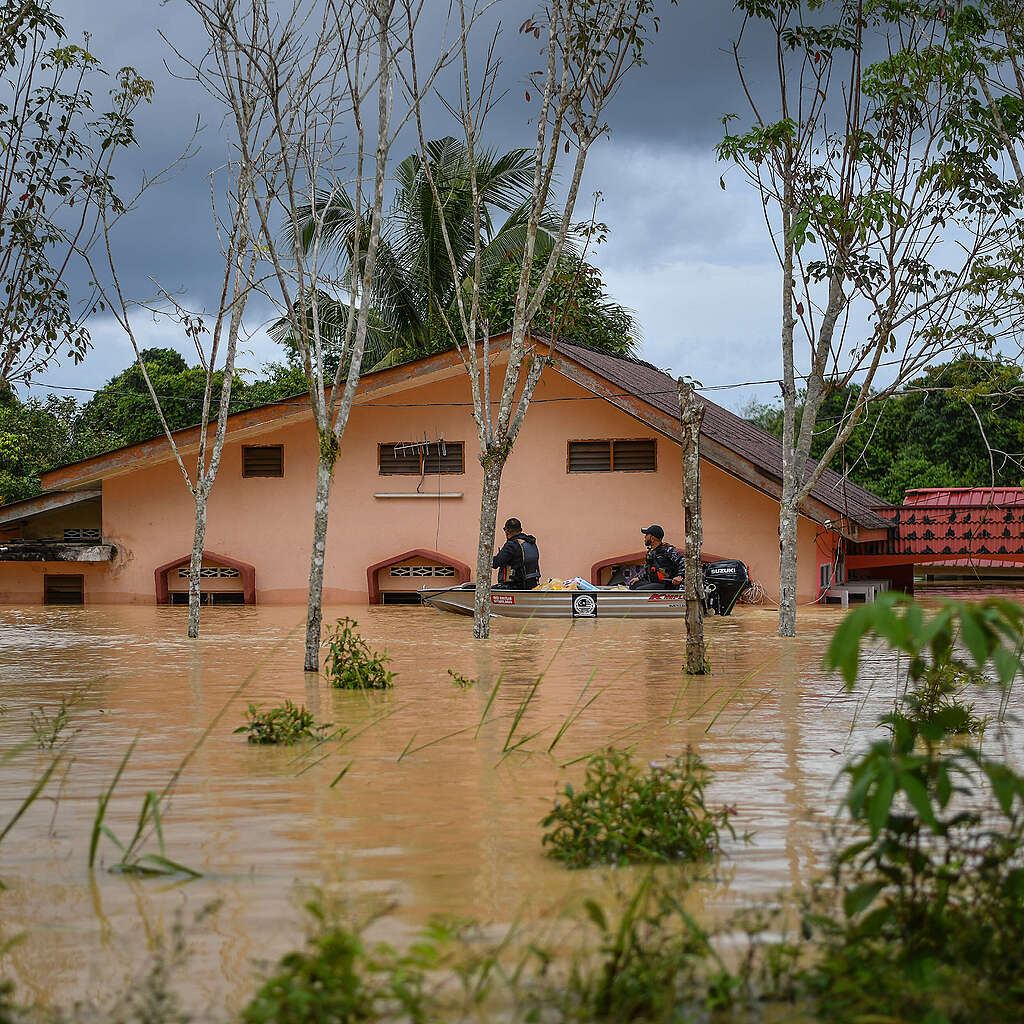
The problem
Issues with deforestation happen when measures at governing forests are ineffective and inadequate.
Malaysia committed to maintain and preserving 50% of land cover as forest. But when even the definition of forest-related terms in our laws are ambiguous, governance cannot be carried out justly. For example, forests that have been cut down to its stump can still be considered as forest cover, as long as its land-use status remains classified as ‘forest’.
The lack of strong governance in the protection of forests deters our ability to cope with the effects of climate change. It also destroys our unique biodiversity and has direct impacts on our livelihood and well-being, as well as those of orang asal & asli communities whose culture and lives are tied to the land.
What we do
We are actively campaigning to stop deforestation and unsustainable land clearing for monoculture crops such as oil palm or durian, and unchecked developments.
To do this, we need change our laws to be updated and strengthened with prevention, mitigation, adaptation and restoration in mind. We need the voices of many to call on the Malaysian government to revise or enact new forestry legislation.
Commitments toward No Deforestation, No Peat, and No Exploitation (NDPE) should be prioritised alongside efforts at forest conservation. While indigenous peoples’ rights should not be ignore.
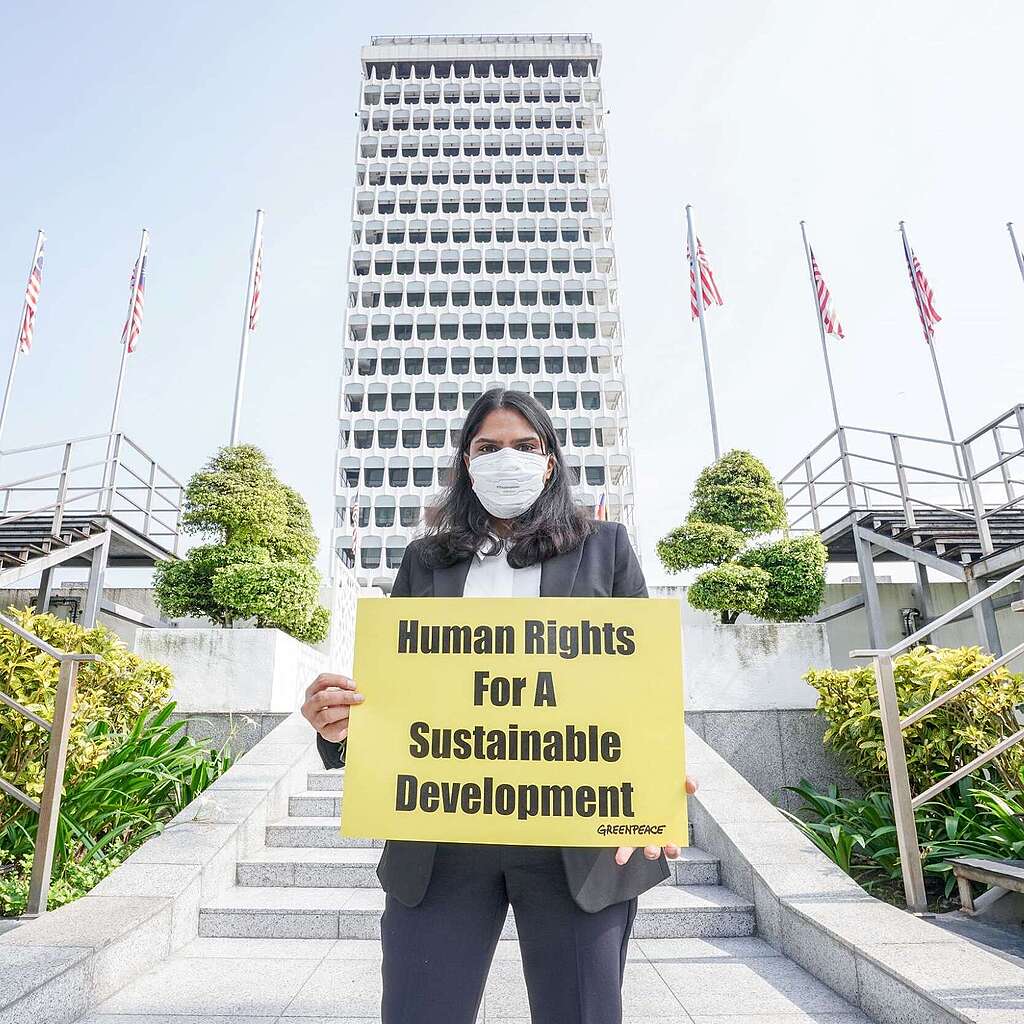
Keep learning about
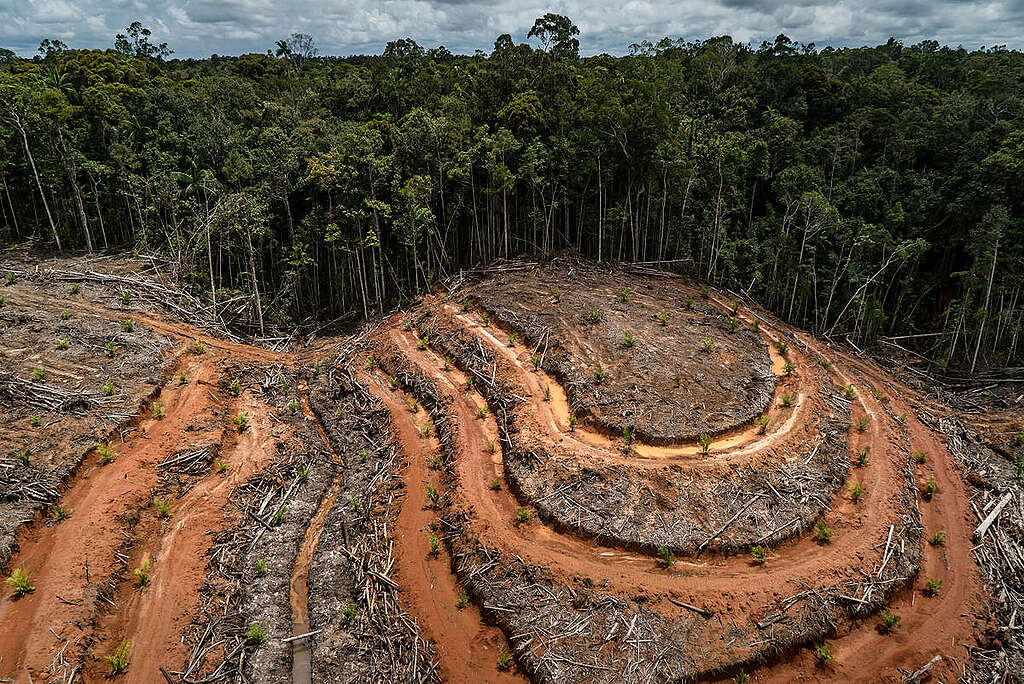
Deforestation
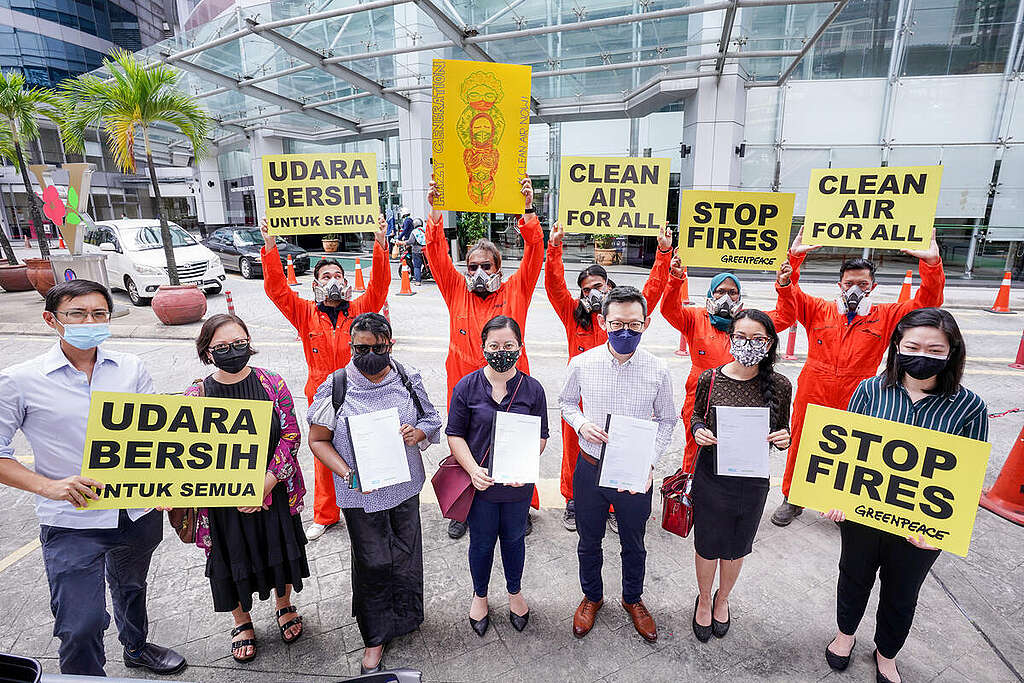
Our Work with Allies
Subscribe for updates
Together we are part of a growing, global movement determined to bring about the changes our planet desperately needs.

